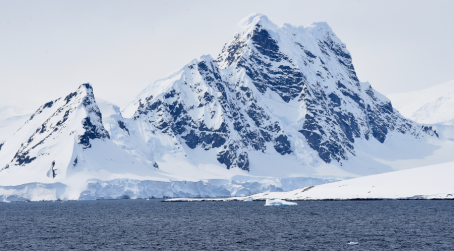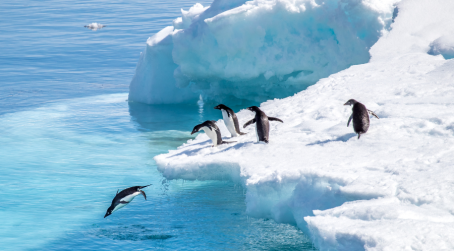The aim of the Action Group on Public Engagement with Antarctic Research (PEAR) is to foster the academic study of public engagement with Antarctica, Antarctic science and Antarctic research more broadly.

PEAR (Public Engagement with Antarctic Research)
About
The group’s members will describe, evaluate, contextualize and critique the diverse ways in which scientists, communicators, artists and educators engage with different publics, and the ways in which publics engage with Antarctica. Members of the group will apply the methods and findings emerging from the scholarly fields of science communication and public engagement with science to produce analyses and recommendations for Antarctic researchers.
A primary goal of SCAR is to “communicate scientific information about the Antarctic region to the public.” To this end, SCAR, national SCAR members, research organisations, and individual scientists conduct significant science communication, public engagement and outreach activities. At the same time, the field of study variously known as “Public Understanding of Science,” “Public Awareness of Science”, and (more recently) “Public Engagement with Science” has developed rapidly, and now has its own critical literature, theoretical debates, and scholarly forums. The methods and insights of this field could provide a way for SCAR and Antarctic researchers generally to better understand and anticipate the impact of their communication and outreach efforts.
Aims, Goals and Objectives
The aim of this action group is to complement SCAR’s existing practical activities by fostering the academic study of public engagement with Antarctica. Drawing on research methods in the humanities and social sciences, members of the group will consider specific questions such as:
- What are the unique challenges and opportunities associated with engaging different publics, and key decision makers, with science conducted in or about the Antarctic region?
- What tools exist to evaluate the effectiveness of particular communication activities?
- How does public engagement with Antarctica vary with demographic factors such as gender, age, education and national context?
- What role does/can citizen science play in public engagement with the Antarctic region?
- What forms of training would best enable Antarctic researchers to foster public engagement with their research?
- How effective are arts/science collaborations as ways of engaging the public in Antarctic issues?
- In what ways, and for what reasons, have efforts to engage publics in Antarctic issues changed over time?
- What is the political, historical and institutional context within which today’s reseachers and educators communicate about Antarctic science?
Members
Contact
The co-leaders of the Action Group on Public Engagement with Antarctic Research are Elizabeth Leane and Katie Marx.
Steering Committee
| Name | Institute | Country |
| Prof Elizabeth Leane (Co-Chair) | University of Tasmania | Australia |
| Katie Marx (Co-Chair) | University of Tasmania | Australia |
| A/Prof Rebecca Priestley | Te Herenga Waka – Victoria University of Wellington | New Zealand |
| Dr Heidi Roop | University of Minnesota | USA |
| A/Prof Rhian Salmon | Te Herenga Waka – Victoria University of Wellington | New Zealand |
| Prof José Xavier | University of Coimbra | Portugal |
Membership
If you want to join the SCAR Action Group on Public Engagement with Antarctic Research, please contact the group leaders with a paragraph outlining your relevant experience, expertise and interest in this Action Group.
News
News and Updates from the Public Engagement with Antarctic Research community.
Resources
Publications and Links of interest to the Public Engagement with Antarctic Research community.




